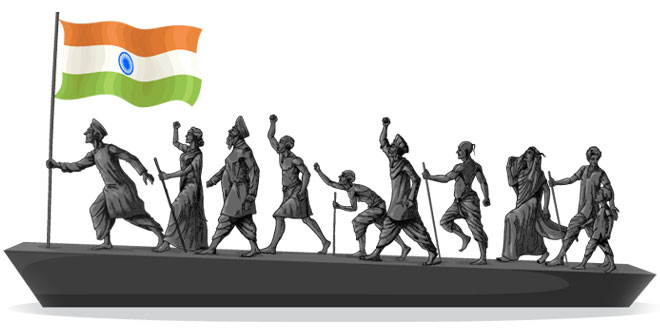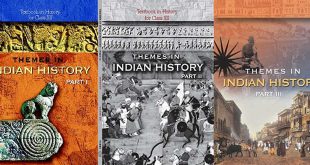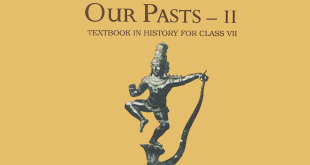Question: Describe Gandhi’s march to Dandi.
Answer: Gandhiji felt that Purna Swaraj would not come on its own. It had to be fought for. He was very much worried about government’s Salt Law. In 1930, he decided to break this law. According to the law, the state had a monopoly on the manufacture and sale of salt. Mahatma Gandhi and other prominent leaders of the freedom struggle thought that it was sinful to tax salt because it is an essential item of our food. Both the rich and the poor needed it equally. Gandhiji felt that his Salt March would become popular and would represent the genral desire of freedom to a specific grievance shared by all. On 6 April, 1930, Gandhiji alongwith his followers marched for over 240 miles from Sabarmati to the coastal town of Dandi. Here, they broke the government law by gathering natural salt found on the seashore, and boiling sea water to produce salt.
A large number of people including women participated in this historic march. The government tried to crush the movement through brutal action against peaceful satyagrahis. Thousands were arrested and sent to jail. But the movement played a significant role in achieving freedom of India.
Question: Under what circumstances did Gandhiji initiate the Quit India Movement?
Answer: In September 1939, the Second World War broke out. The. British government in India needed help from the Indian leaders. The leaders were ready to support the British war effort. But in return they wanted that India be granted independence after the war. The British refused to accept the demand. This enraged the Congress ministries. They all resigned to show their protest.
Mahatma Gandhi was deeply perturbed. He now decided to initiate a new phase of movement against the British rule in the middle of the Second World War. This movement came to be known as the Quit India Movement. Gandhiji thought that the British must Quit India without further delay. He raised the slogan ‘do or die’ which spread among the common mass very soon. But at the same time he warned the people not to be violent in any condition.
The British took repressive measures. Gandhiji along with other leaders were sent to jail immediately. But this did not prevent the movement from spreading. It specially attracted peasants and the youth who gave up their studies to join the movement. Communications and symbols of state authority were attacked all over the country. In several areas people set up their own governments.
The British tried to repress these developments severely. About 90,000 people were arrested and wound 1,000 killed in police firing. But the movement did not go in vain. It brought freedom very close.
 Class Notes NCERT Solutions for CBSE Students
Class Notes NCERT Solutions for CBSE Students





Pura book hi chap thya hai
Sala fake
Please don’t paste the nude advertising. Many times complained for this. But no solutions….
The advertisements are provided by Google depending on cookies or last search made on your computer or smartphone. Please clean your cache, these will stop appearing. It’s not our hand. – Admin